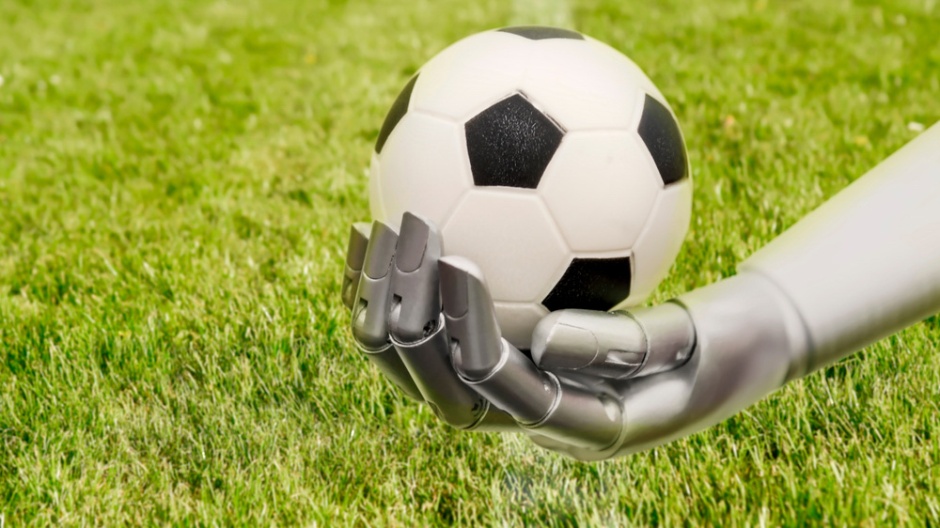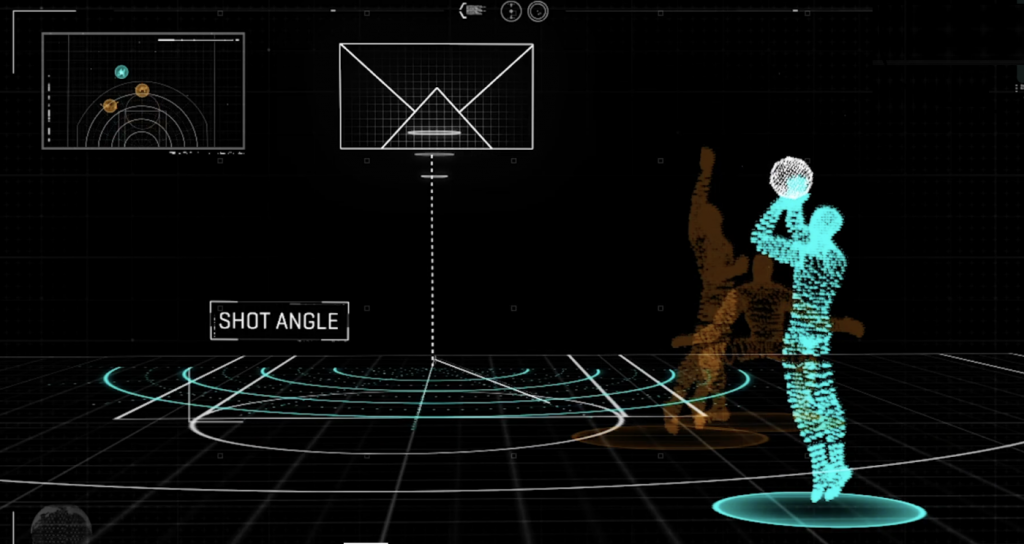AI in sports was scarcely visible a few years ago, but now AI and machine learning are weaving themselves seamlessly into several sports industry applications like chatbots to avenues like sports journalism and further. This article aims to help business leaders capitalise on the new technology and budding trends associated with the applications of AI in professional sports.
By involving machine learning and AI in sports, organisations can use their existing data to perk up every quarter of their game. From staffing and performance to ticket sales and analytical predictions, AI can make tactical decisions and changes that impact every sports organisation.
Current Applications of AI in Professional Sports
Live Streams
Besides revolutionizing the realm of sports for coaches and athletes, AI has a substantial impact on how the public understands sports. We can use AI to methodically decide the perfect camera angles to present on viewers’ screens, giving subtitles for live acts in various accents based on the viewer’s location and also permitting streamers to exercise monetization opportunities with ads.
Game Predictions
Machine learning in sports can foresee the results of games. Be it in football or in cricket, where broad figures are available, we can expect a devised outcome from the data.
Virtual Reality
Virtual Reality (VR) has given special importance to the sports and gaming arena, as now, with VR headsets, individuals can have fun virtually with each other across the globe. Apart from spectating using virtual reality, individuals can themselves become players by diving into a virtual arena. This allows gaming to be more exciting.
Journalism
Artificial intelligence allows journalists to widen their reach and boost the number of games they’re able to cover. This means no more picking which games are admirable for the press. Although automatic journalism is restricted to minor league games, it reflects how helpful it can be to every game. For example, Wordsmith interprets sporting events and displays the principal highlights of each game.
Performance Development
Artificial intelligence can perk up performances by analyzing diverse data such as spin, speed, placement of service and even the spot and motion of players. In this value, AI supports managers and coaches in making enhanced decisions for different games and key competitions.
Fitness and Health
Another consequential way that artificial intelligence is changing the sports industry is by re-imagining how we view and care for a player’s health and safety. AI possesses prognostic and analytical capabilities, enabling coaches and managers to priorities a player’s health and safety.
Recruitment
AI in sports can use the well-documented data available to predict the future potential of players before investing in them. It can also calculate the approximate market value of players to make the right offers while acquiring new talent.
Presence of AI in Major Sports
The AI wave has already swept the professional teams and sports and is using its benefits to the fullest. Let’s see the impact of machine learning in sports:
Cricket
Power bats can gather vital insights of the batsman using it. Specular BatSense sensors generate statistics for every hit. It has storage space aboard to keep the session info and Bluetooth connectivity to allow information to transmit. Smart stats puts every batting and bowling act into the framework by examining matches and players.
Football
For teams in football, AI provides the means to spot patterns trainers can’t. For researchers, football offers forced, but demanding surroundings for them to road check their algorithms. This also plays a role in crafting predictions, an area where AI is chiefly beneficial.
Basketball
Applying AI to field decision-making in real-time basketball games and using it to support coaches in pitch examination can give teams strategic advantages by creating the ideal training plan.
Future Applications of AI in Professional Sports
Market Competition
AI in sports will add to the competitiveness in the field. With enhanced sensors, algorithms and better predictions, the outcomes of competitions will be clear. AI in sports will influence advertisers, sports brands, franchise owners, trainers and game strategists. With such a broad range of execution, the entire sports industry will probably want to adopt AI to have a competitive edge over their opponents.
AI Coaching
AI will have a significant influence on the key choices made by coaches before, during, and after a game. With the aid of sensors and speed cameras, AI programs can calculate a forward pass, a penalty kick, LBW in cricket, and other related activities in different sports. This information will allow trainers to coach players for every game and create stronger training programs for their team.
Conclusion
There are plenty of opportunities for machine learning in sports. It can develop and advance its possibilities to its peak. From deep learning systems focusing on the safety of players to sports app development companies, there is a lot to look forward to with Artificial Intelligence in the sports arena. By 2035, the revolution of AI will add up to the global GDP, making it higher than the current productivity of India and China combined.



Leave a Reply